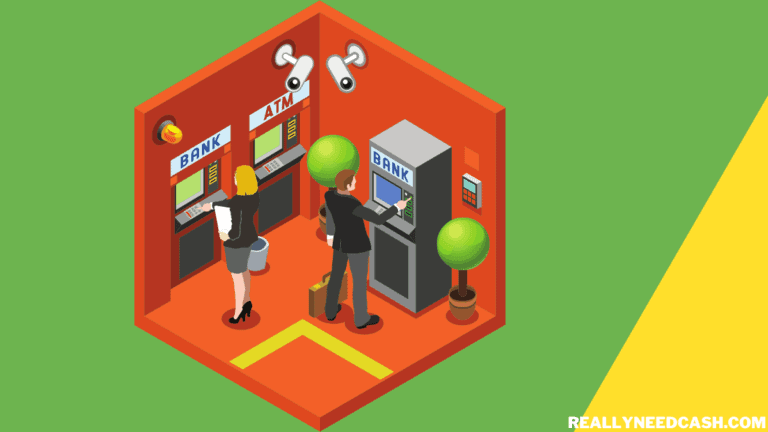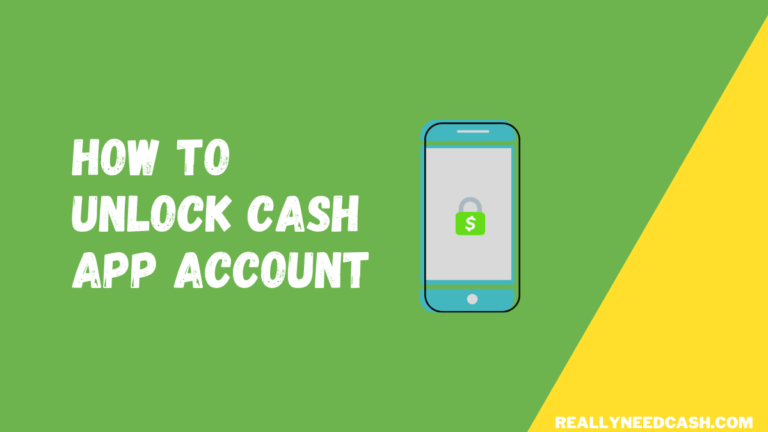Understanding Cash App Security
Cash App uses a variety of methods to protect user data and transactions. These security measures, including encryption and user authentication, ensure that your financial information remains safe from unauthorized access.
Encryption and Data Protection
Cash App employs strong encryption to safeguard your personal information and financial transactions. This means that when you send or receive money, your data is scrambled into unreadable code. Only authorized systems can decode this information.
Data in transit is secured from potential threats like man-in-the-middle attacks. Cash App also protects personal data stored on its servers with advanced security protocols. This ensures that even if hackers gain access to the servers, they cannot easily read the information. Regular updates to the app also help patch any vulnerabilities.
Additionally, Cash App provides features like FDIC insurance for balances up to $250,000, giving users confidence in the safety measures in place.
User Authentication and Access Controls
User authentication is another key part of Cash App’s security. It offers several options to ensure that only authorized users can access their accounts. For example, you can set a password or enable two-factor authentication (2FA), which adds an extra step during login. With 2FA, I receive a code on my phone that I must enter after my password.
Cash App also supports Touch ID and facial recognition for easier access while maintaining security. These features make it harder for someone to access my account if they gain my phone or login details.
By focusing on robust user authentication, Cash App helps prevent unauthorized transactions and fraud.
Comparing Popular Payment Apps
When looking at the most popular payment apps, it’s important to focus on their features and security. Each app offers something unique, making it essential to know how they stack up against each other.
Features and Services Comparison
Most cash apps provide similar services, but they do have some differences. Venmo and Cash App allow peer-to-peer payments easily. You can use a linked bank account, credit card, or debit card to send funds. PayPal offers a broader service with options like online shopping and PayPal credit.
Zelle integrates directly with many bank apps, making it seamless for users. Google Pay and Apple Pay act as digital wallets, letting you store cards and pay in stores and online. Features like direct deposit and cash cards make Cash App and PayPal handy for regular transactions. Overall, the choice often depends on specific needs.
Security Across Different Platforms
When it comes to security, I want to reassure you that most payment apps prioritize user safety. Venmo uses encryption, but transactions can be public unless changed. Cash App offers two-factor authentication and allows for cash card protection.
PayPal has buyer protection, which is great for online purchases. Apple Pay and Google Pay both utilize tokenization, making it difficult for hackers to access your data. Zelle promotes immediate transfers and is tied to your bank, but security may depend on your financial institution. Understanding these differences can help you choose the safest option for your needs.
Financial Safety Measures and Regulations
When it comes to financial safety, it’s crucial to know how apps like Cash App protect users from scams and comply with regulations. I’ll break down key strategies for safeguarding against fraud and the protections in place through regulatory measures.
Protecting Against Scams and Fraud
Cash App employs various methods to protect users from scams. They use encryption to secure personal information and transactions. This technology helps prevent unauthorized access by keeping data safe during transmission.
Users should also be cautious of common scams, such as phishing emails. Fraudsters often send fake messages to steal sensitive information. It’s smart to verify any request for personal data before responding.
Additionally, Cash App features a fraud detection system. This system monitors transactions for any suspicious activity. Users can also report unauthorized transactions to seek refunds if they fall victim to a scam. Understanding these tools can greatly reduce the risk of fraud in your transactions.
Understanding Regulatory Protections
Regulation plays a vital role in financial safety. Cash App, as part of Square, Inc., must follow laws designed to protect consumers. One important regulation is the Patriot Act, which requires financial institutions to verify users’ identities. This helps prevent money laundering and fraudulent activities.
Cash App users benefit from FDIC insurance. This means that funds in Cash App accounts are insured up to $250,000 through partner banks. Knowing this can give peace of mind when using the app for transactions, saving, or even buying cryptocurrencies.
Always remember that being informed about these regulations and protections empowers me to make better financial decisions when using Cash App.
Frequently Asked Questions
In this section, I’ll address common concerns regarding the security of mobile payment apps. Knowing the facts will help you feel more comfortable using these services.
Is it safe to receive money from strangers via mobile payment apps?
Receiving money from strangers can be risky. Many apps allow users to accept payments from anyone, which can lead to scams. It’s best to only receive money from people you know or trust to avoid potential fraud.
What measures do mobile payment apps employ to protect linked bank accounts?
Mobile payment apps use various security measures to safeguard linked bank accounts. These include encryption, two-factor authentication, and fraud detection systems. It’s important to enable the highest security settings offered by the app to enhance protection against unauthorized access.
Which apps for international money transfer are considered most reliable for security?
Some of the most reliable apps for international money transfers include PayPal, Wise, and Venmo. These apps have strong security protocols, making them safer options for sending and receiving money across borders. Always check each app’s security features before using them.
How do mobile payment services use Social Security numbers, and is this secure?
Many mobile payment services require a Social Security number (SSN) for identity verification. This process can be secure if the app follows strict data protection guidelines. It’s crucial to choose apps that use security measures like encryption when handling your sensitive information.
Are funds held within mobile payment apps insured by the FDIC or similar entities?
Funds in some mobile payment apps are insured by the FDIC when they are held in partner bank accounts. For example, Cash App offers FDIC insurance for funds connected to its banking partners. This insurance covers deposits up to $250,000 per account holder.
What steps should users take if they fall victim to a scam on a digital payment platform?
If you fall victim to a scam, act quickly. First, report the incident to the app’s customer support. They can guide you on the next steps. Additionally, consider contacting your bank to discuss measures to protect your funds and monitor your accounts for unusual activity.




